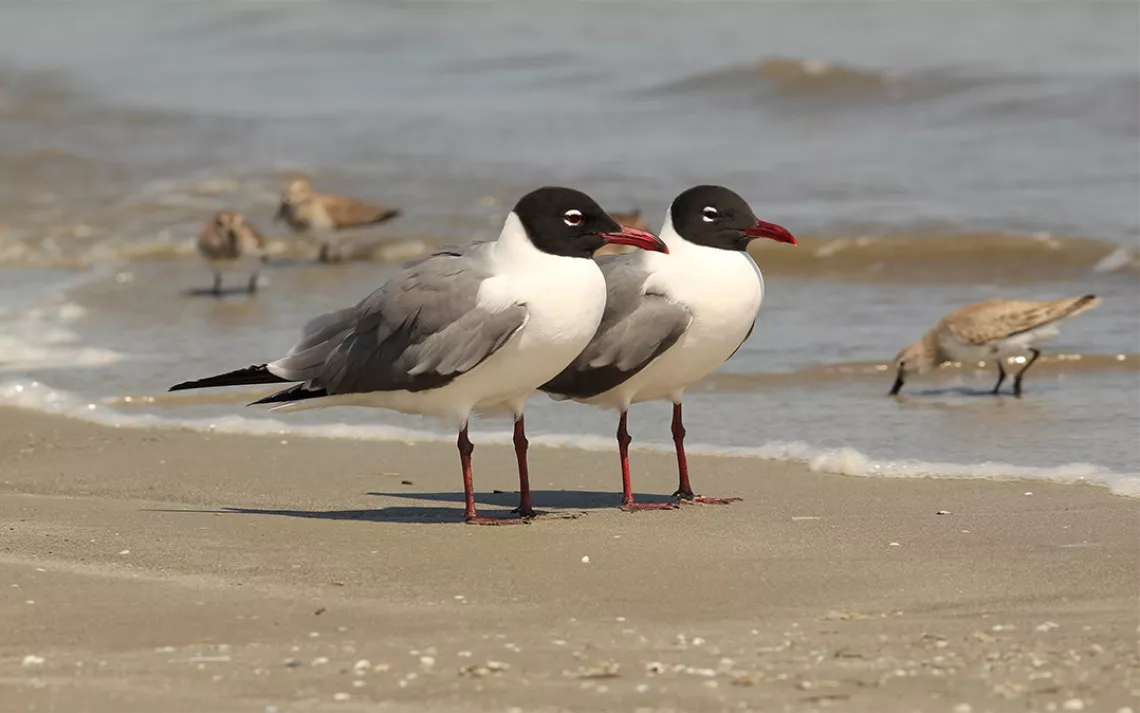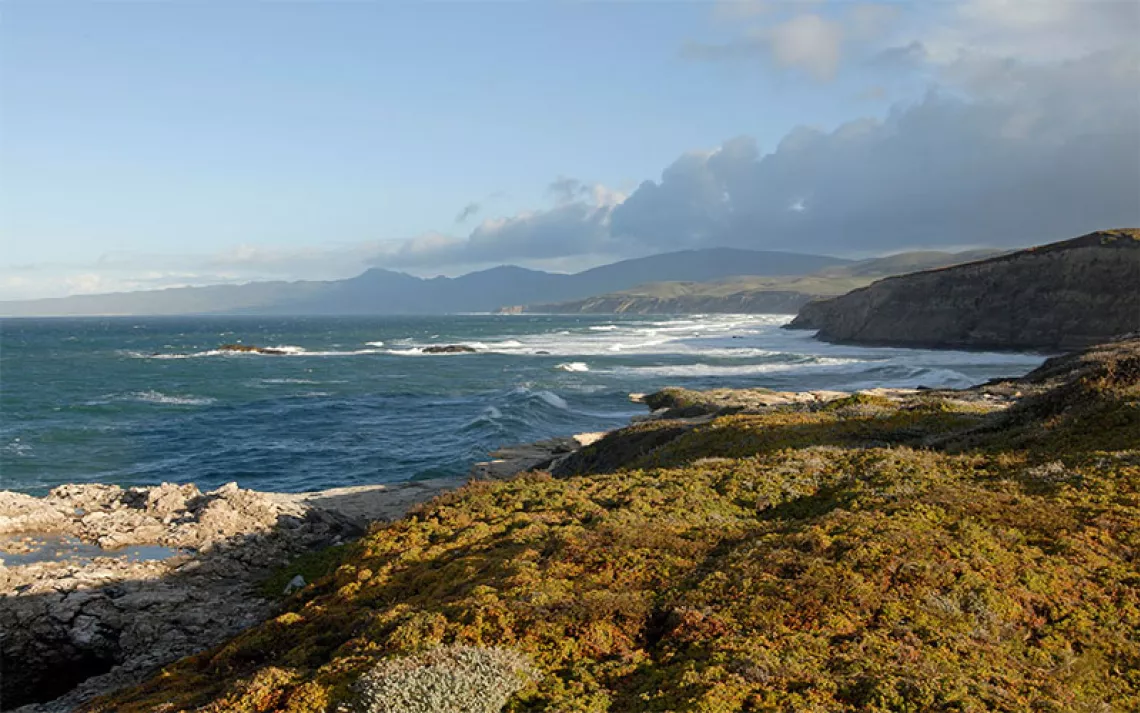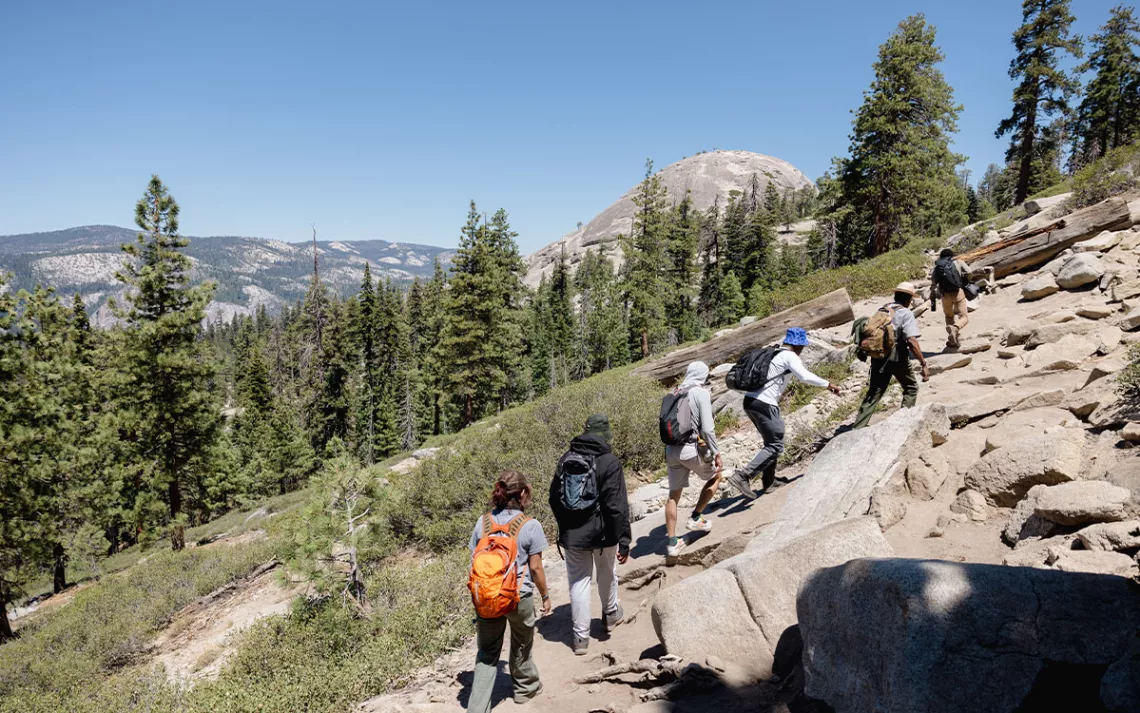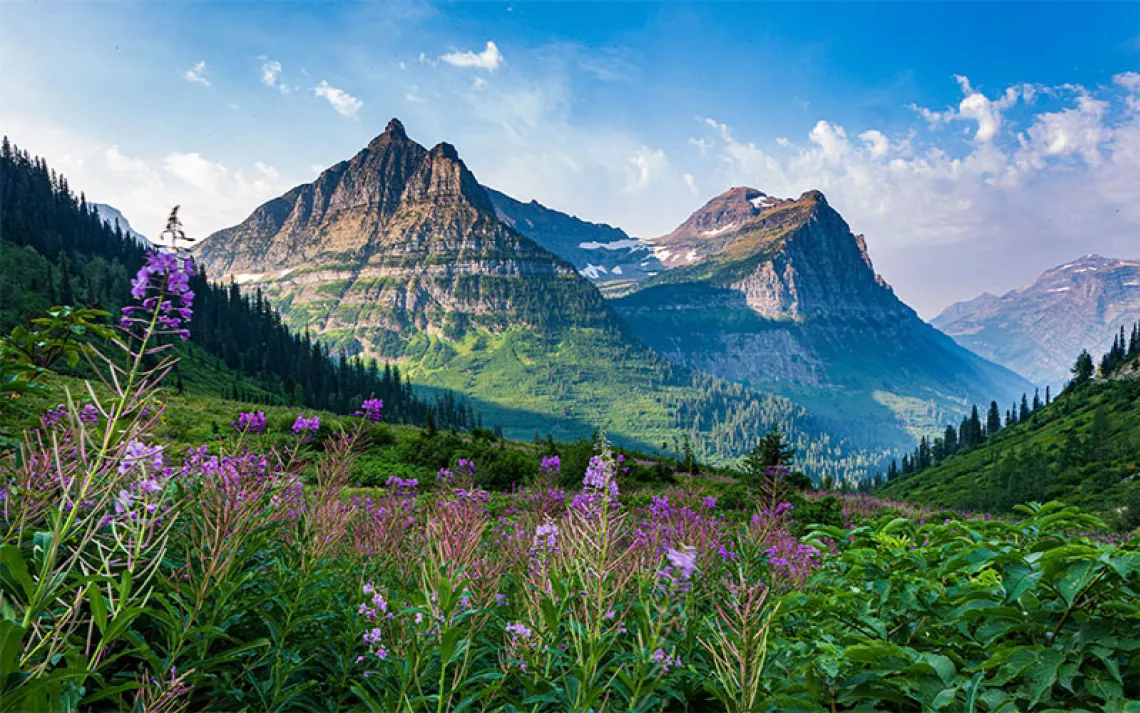Conservationists Worried that Cumberland Island, Georgia’s Wild Gem, at Risk of More Development
Coca-Cola heirs want ability to subdivide their family property for building more homes

Photo by BrianLasenby/iStock
Georgia’s Cumberland Island National Seashore is one of the Atlantic Coast’s last wild spaces—an 18-mile-long stretch of Spanish-moss-draped oak forests and salt marshes, where wild horses and sea turtles share beaches and trails with tourists.
Once a playground for Gilded Age tycoons, most of the island has been a federal preserve since the 1970s. But about 1,000 of the island’s 36,000-plus acres remains privately owned—and a plan to subdivide one of those last private parcels has dismayed many who treasure the island, both nearby residents and visitors from far away.
“I was shocked when I heard this was happening and can't believe it's even being considered,” Atlanta resident Kathryn Brannon wrote in one of nearly 1,000 public comments to officials in Camden County, which must approve the proposal.
The county’s zoning board approved the request in December despite hundreds of letters of opposition. Local residents and conservation groups have appealed that decision, and the Camden County Commission is scheduled to decide the appeal sometime in February, said Eric Landon, the county’s planning chief.
The property at issue is owned by a family corporation created by heirs of Coca-Cola founder Asa G. Candler. They want to divide their 87-acre parcel on the south end of the island into 10 separate lots, allowing family members to build their own homes. Their attorney, Stephen Kinney, said the plan isn’t to sell the land: “They intend to keep it within their family,” Kinney told Sierra. “
In follow-up emails, Kinney wrote, “My clients respect the viewpoints of all, even though their opinions may differ.” The owners “share with them a deep respect and love for the beauty and heritage of Cumberland.”
Kinney later elaborated via email, “My clients will follow all county zoning guidelines with respect to what may be built on the property. My clients have no intention of selling the property to other private individuals or the government, now or in the future.”
The island was home to a Spanish mission in the 1600s, British colonial forts in the 1700s and cotton plantations in the 1800s. By the early 20th century, most of the island was owned by the heirs of steel baron Andrew Carnegie, along with the Candlers and a few Rockefellers here and there.
The ruins of the Carnegie family’s massive Dungeness mansion, which burned in 1959, are a popular tourist draw today. The north end is home to the First African Baptist Church, an 1890s-era chapel where John F. Kennedy Jr. and Carolyn Bessette got married in 1996.
The National Park Service began taking an interest in the island in the 1950s, eventually creating the national seashore in 1972—thanks, in part, to leadership from David Brower, the first executive director of the Sierra Club. In the decades since, it’s become treasured by Georgians like Rob Cleveland, who now lives in the Atlanta area.
“Ever since I was a small child, going to St Mary’s and catching the ferry to Cumberland Island has been a family trip,” said Cleveland, who signed a petition opposing the subdivision plans. “There weren’t any cars. There weren’t any roads. There were wild horses and armadillos—a kind of wildness and wilderness that was different than you might expect, and the ruins of the Carnegie mansion made it more interesting.”
“Cumberland Island is where people can walk out on a beach and look for three miles in both directions and just see people walking on a beach, and in fairly low numbers,” said Jim Richardson, a retired University of Georgia zoologist who studied loggerhead turtles along the state’s barrier islands for decades.
Those turtle populations have rebounded, and a few more homes on Cumberland Island aren’t likely to reverse that trend, Richardson said. But he said the subdivision proposal has become “a line in the sand” for people who want to keep open space protected.
“I think it’s a challenge to precedent. It’s a challenge to land management. It’s a challenge to conservation of open lands,” Richardson said.
The parcel at issue is near the south end of the island, about a mile from the dock where most visitors land via a twice-daily ferry. There are no bridges connecting Cumberland to the mainland and no paved roads. Since county zoning rules require paved roads for access to a subdivision, the family needs commissioners to waive that rule before they can split up the land.
Many of the people objecting to the proposal fear that allowing more homes will undercut the sense of splendid isolation visitors get.
“When the wilds are lost, they are lost forever,” North Carolina resident Cynthia Camilleri added. “Cumberland Island is unique in its unspoiled state. Opening up opportunities for a few people to benefit will just be the thin edge of the wedge.”
Not everyone expressed opposition. Matt Ellis, of nearby Woodbine, Georgia, said he has been to houses on the island “and from the main road, you would not hardly know anything was down there.”
“I know the island is a treasure, but I believe that when someone owns the land they should be able to use it as they wish,” he wrote. “I grow tired of the environmental crowd trying to control everyone’s lives. If a few more houses are built on the island, I doubt anyone would know who visits the island and walks around it on foot.”
But Rob Cleveland countered that adding houses on the southern end of the island, near the island’s campground, “would change the experience.”
“If you’re walking down by Dungeness and you’re looking out over the marsh, are you going to be able to see houses now? I don’t know. That would be my second concern, after just setting a bad precedent.”
The Southeast Environmental Law Center appealed the plans on behalf of two environmental groups: St. Mary’s Earthkeepers, based across the channel from Cumberland, and the National Parks Conservation Association. Another group of Camden County residents has filed a separate appeal.
“Cumberland Island is truly the crown jewel of Georgia’s barrier island system, and consequently should not be treated like any other run of the mill property,” SELC lawyer Bill Sapp said in a statement announcing the appeal. “We would welcome the opportunity to work with all parties at the table to seek a long-term solution, with the goal of protecting the natural beauty and historic character for which the Cumberland Island National Seashore is known and beloved.”
What You Can Do
Take Action: Help stop the proposed development of Cumberland Island. Send a message to the Camden County Commissioners.
 The Magazine of The Sierra Club
The Magazine of The Sierra Club



